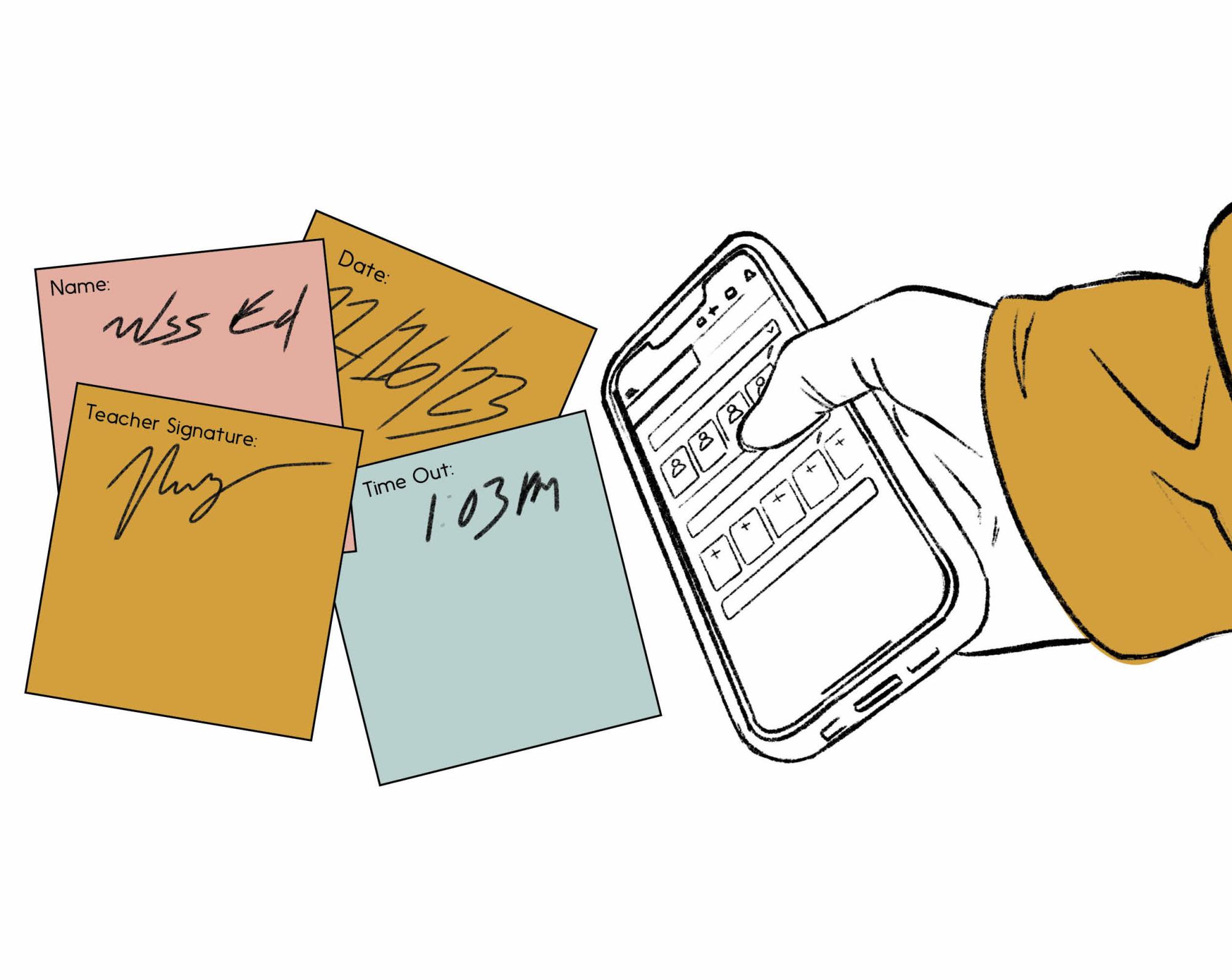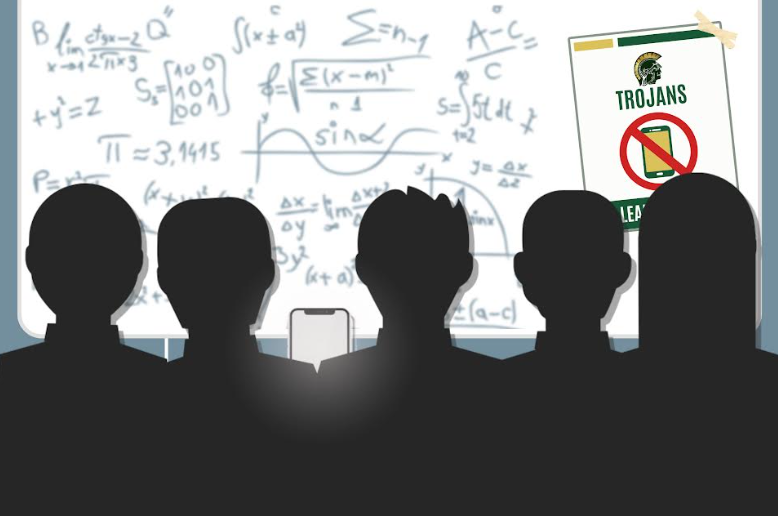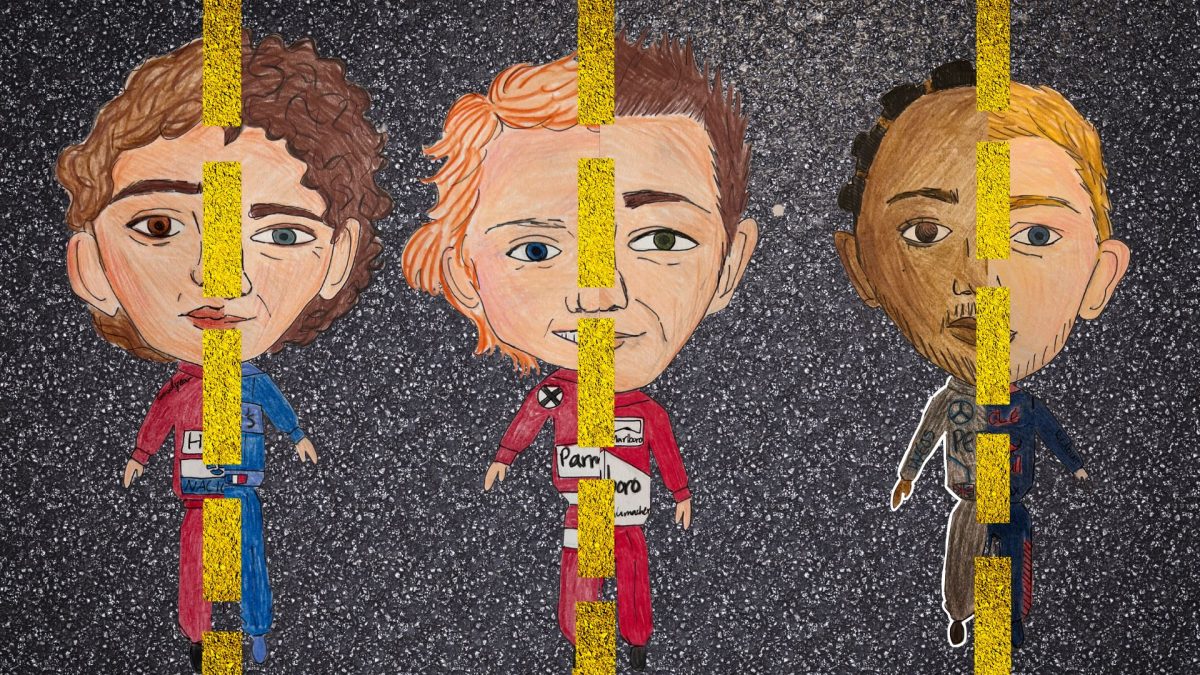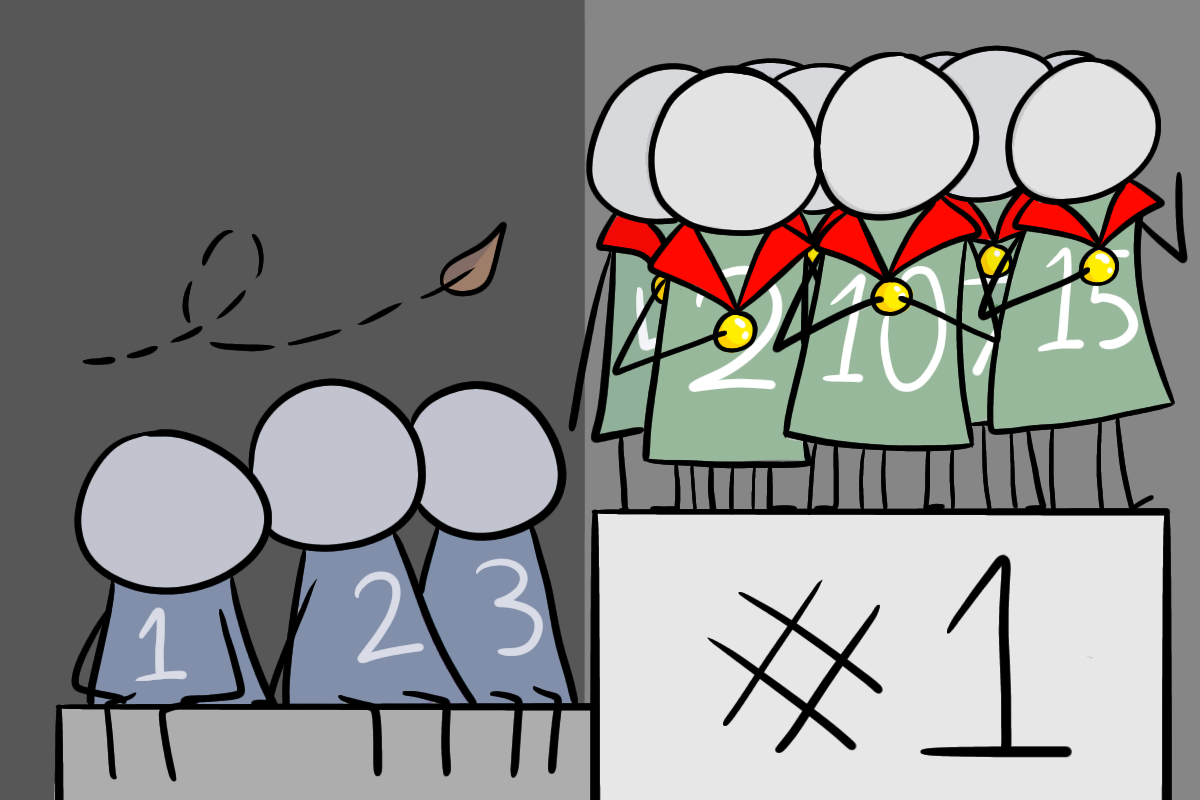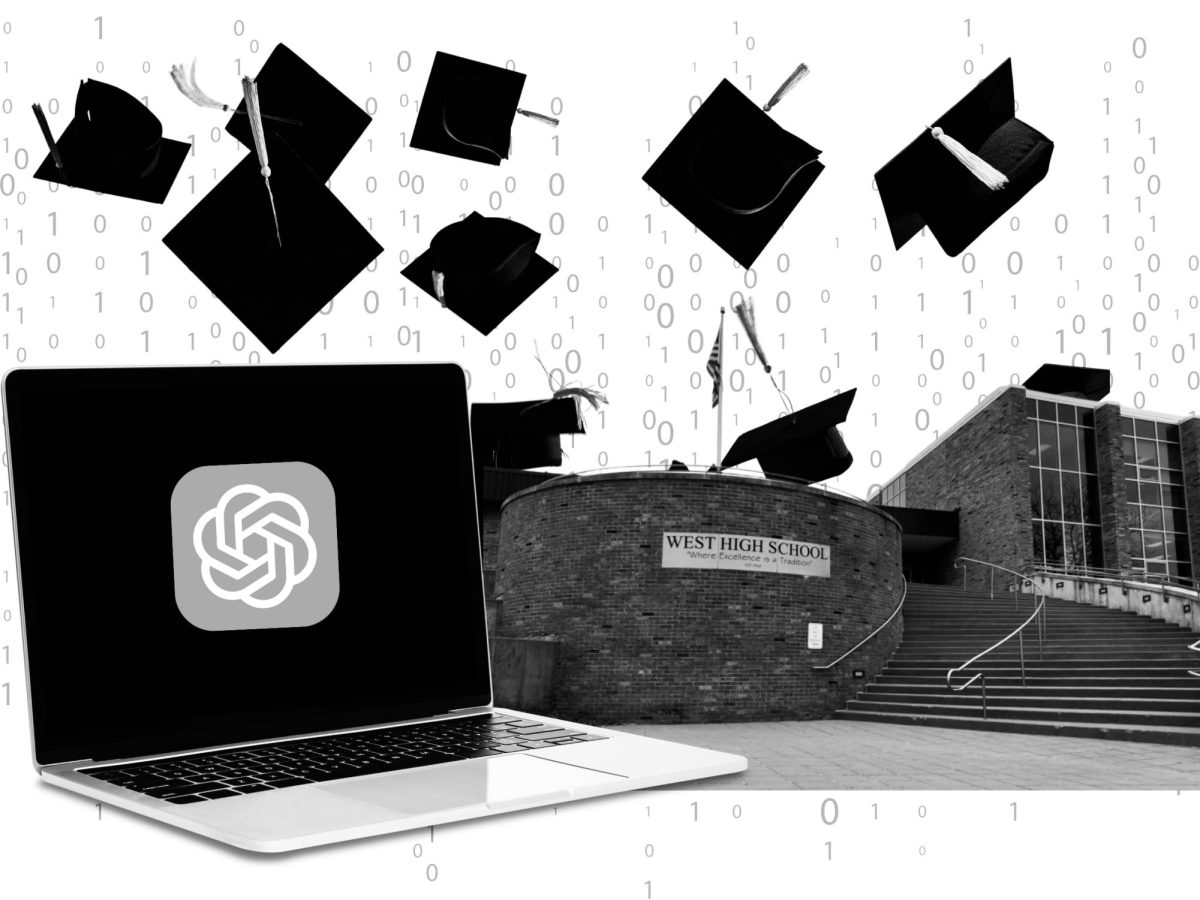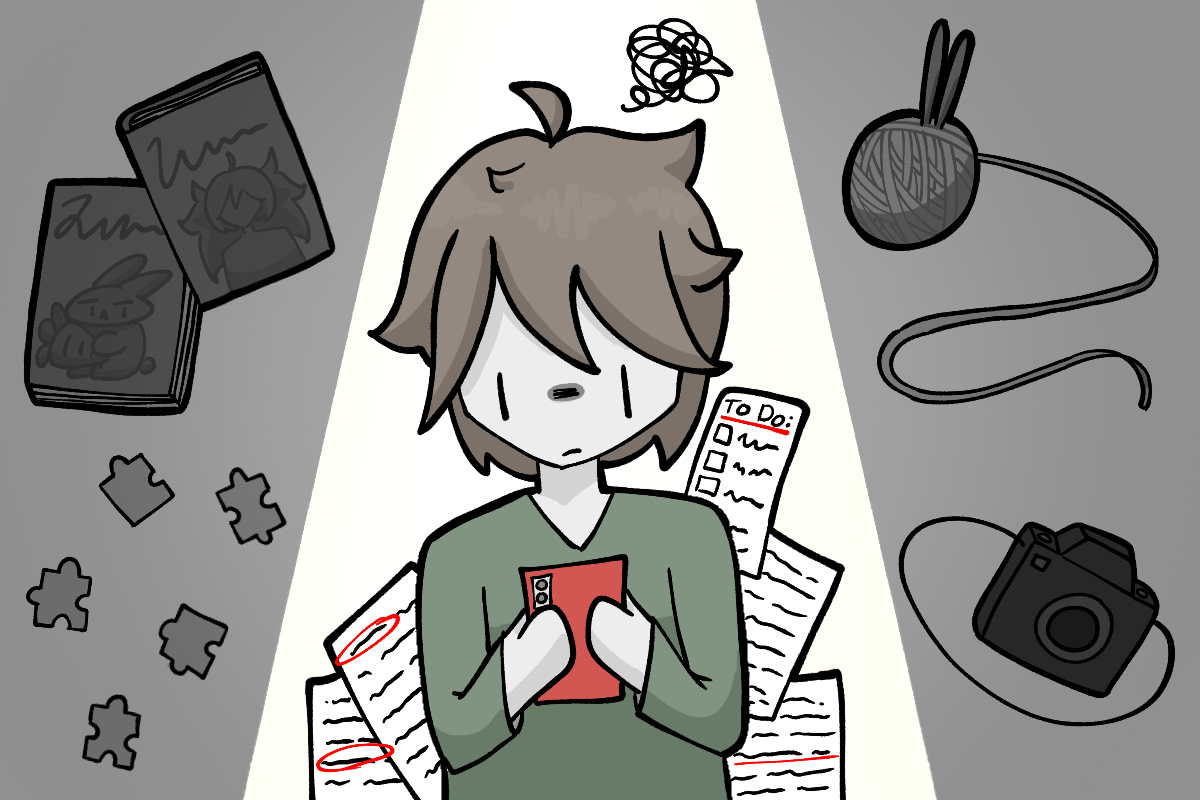In recent years, West High has continuously revised its pass system to achieve the best solution for hallway behavior issues. The district recently developed a new policy to address the matter: an electronic pass system. West Side Story’s Editorial Board provides a comprehensive breakdown of the new system to help students transition into using these passes.
The electronic pass, or PASS, utilizes an app called Securly Pass that can be downloaded on any device. To access West’s teachers and classrooms, logging in with a school email is required. The app provides two pass options for students: Now Passes and Appointment Passes. Now Passes are used for bathroom breaks, during passing time and other occasions where a student may need to leave class. Appointment Passes are utilized for Academic Focus Time and additional meetings with teachers, Student Family Advocates or guidance counselors at a scheduled time.
When considering departure and destination options, the app offers a “favorite” feature for convenient access to your preferred teachers. The app also allows students to save specific locations, such as bathrooms, offices and the library.
Within Securly Pass, teachers can use a Now Pass with a restricted or automatic system. These systems determine how much control a teacher has over how students can leave class. With a restricted system, the teacher creates a PIN to manage student’s requests to leave class. Teachers must enter their PIN to start and stop the pass from their computer or the student’s electronic device. This system will be utilized for visits to offices, the library or other miscellaneous rooms. Teachers may also choose to use this system for bathroom trips. In an automatic system, a teacher doesn’t have to approve or end student passes using a PIN. In this case, the student leaves their computers open with an active green pass on their desks, enabling teachers to monitor students’ whereabouts via their Chromebook. Currently, this system only applies for bathrooms on the same floor as the class.
Appointment Passes will require the same information to be entered as Now Passes, along with a set date, period, time and the reason for the appointment. The Appointment Pass tab shows five requests are available for students; however, this means a maximum of five requests per day and not per week. After applying for an Appointment Pass, the teacher must approve the request for the pass to start at the scheduled time. The teacher can approve the pass in advance, but it will only activate at the time the pass is scheduled. The Appointment Passes will send two check-in reminders 20 minutes and five minutes before the appointment.
The pass system will also include a replacement to the traditional paper tardy passes. Using the Securely Pass, the office can create an online tardy pass for the student to show the teacher before entering the room. The app uses a kiosk system where students can scan their student identification and input the class teacher, creating an automatic pass to the class. Administrators hope to get this tardy system working during the implementation of the Now and Appointment Passes.
While the new online system makes passes more efficient for teachers and students, some concerns come with its implementation. One issue is the possibility of tracking student accounts. Location tracking can make students feel nervous about using the app. However, the app’s purpose is only to keep records of student’s passes. Teachers and administrators can access the history of student passes, showing the times and where the passes were administered, but no district reports will track data collected from this app. This information will help administrators aid students who are regularly absent in increasing their attendance.
West’s administration plans to fully convert to electronic passes at the beginning of the second trimester. Teachers shared a video on the PASS during Advisory Nov. 1, and more information on the Securly Pass app can be found using the QR code. While this system may be more complex, PASSes have the potential to offer a better alternative to paper passes.

